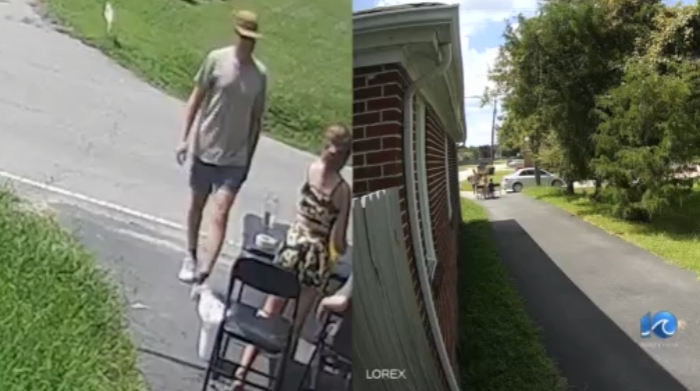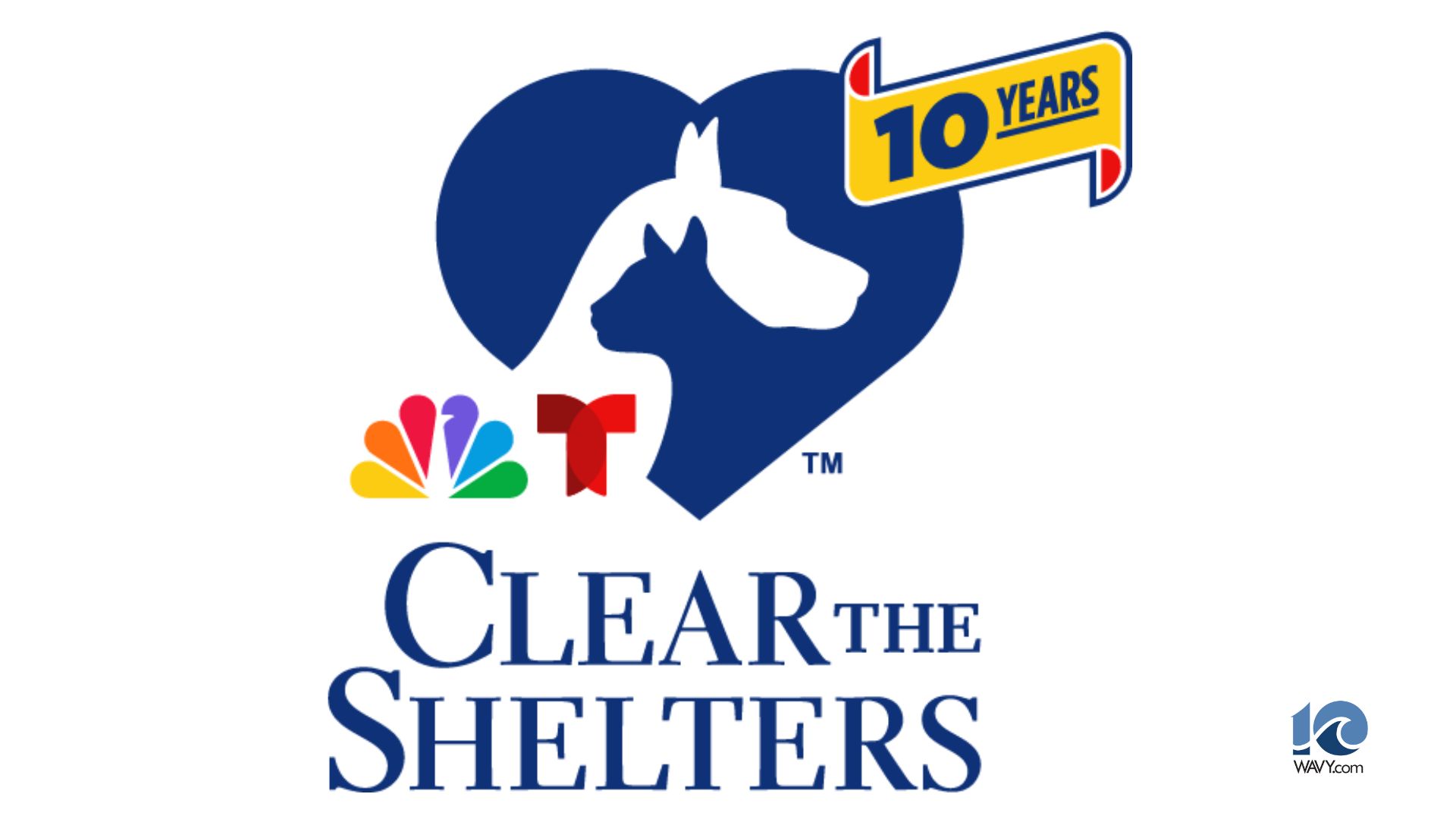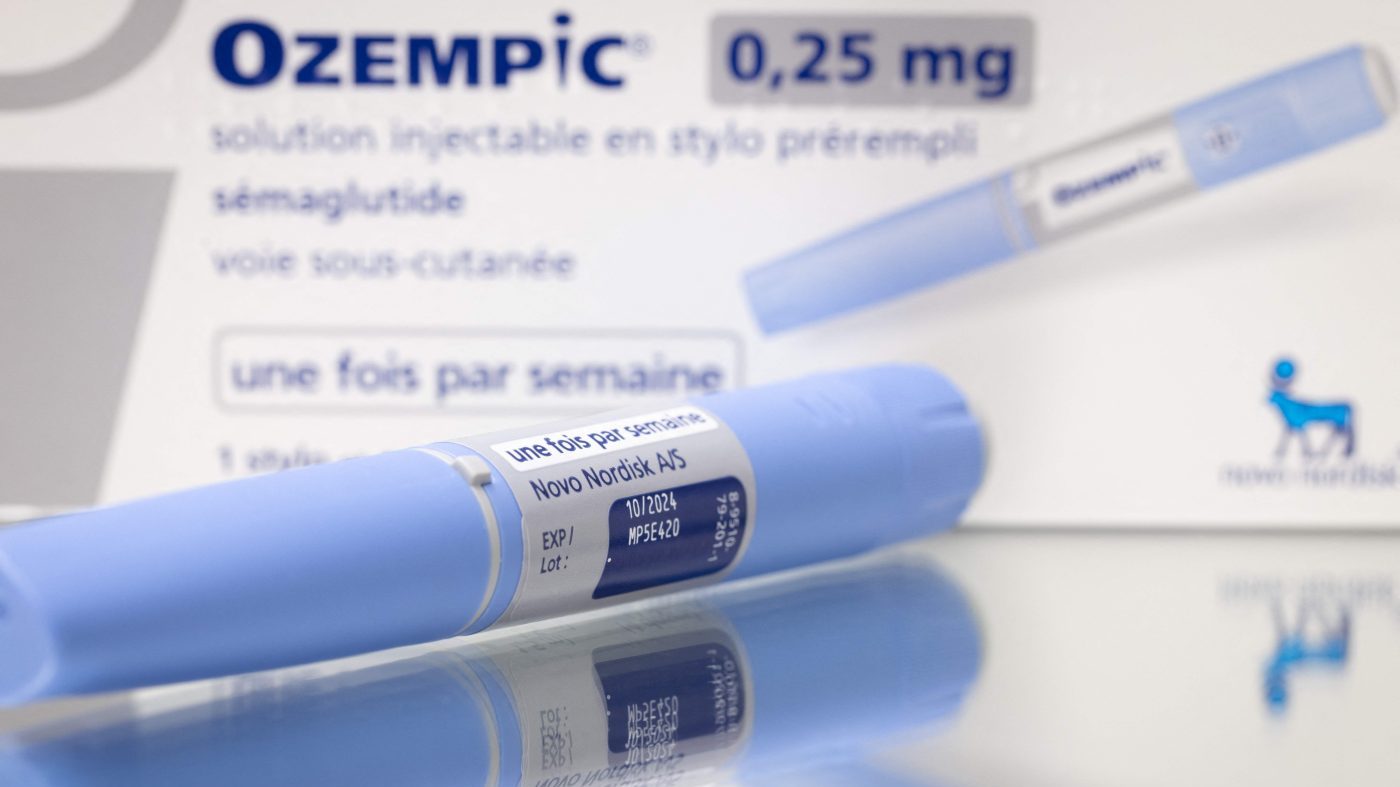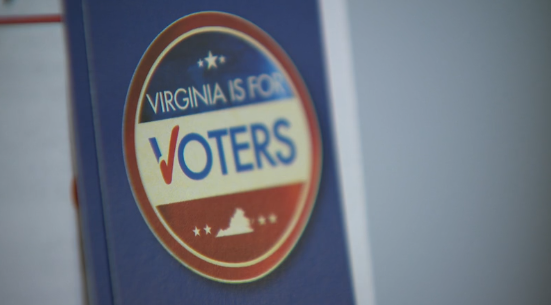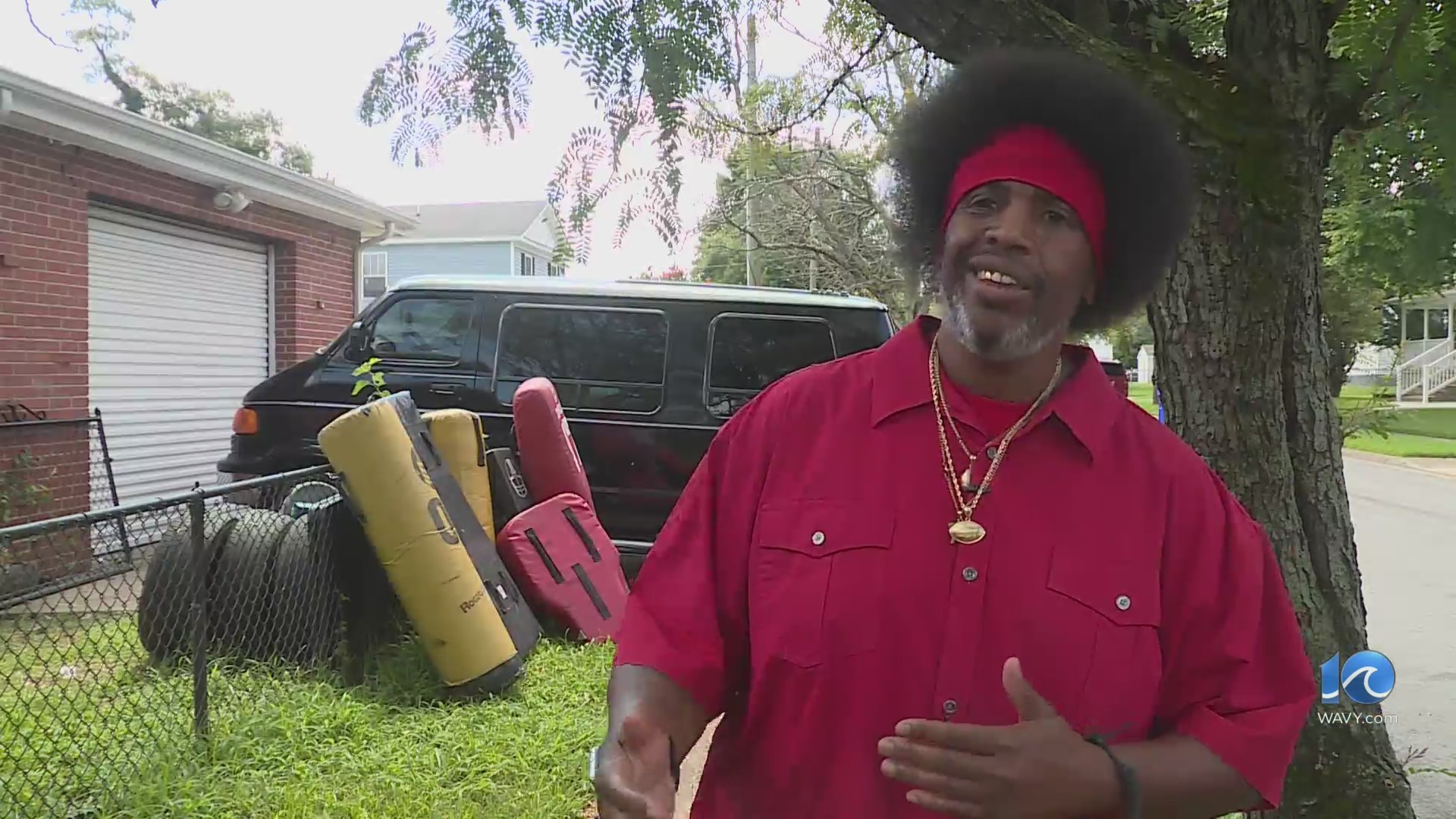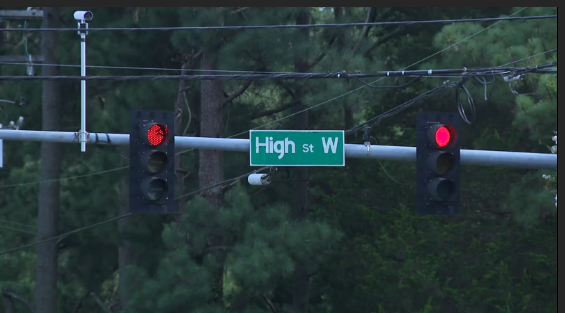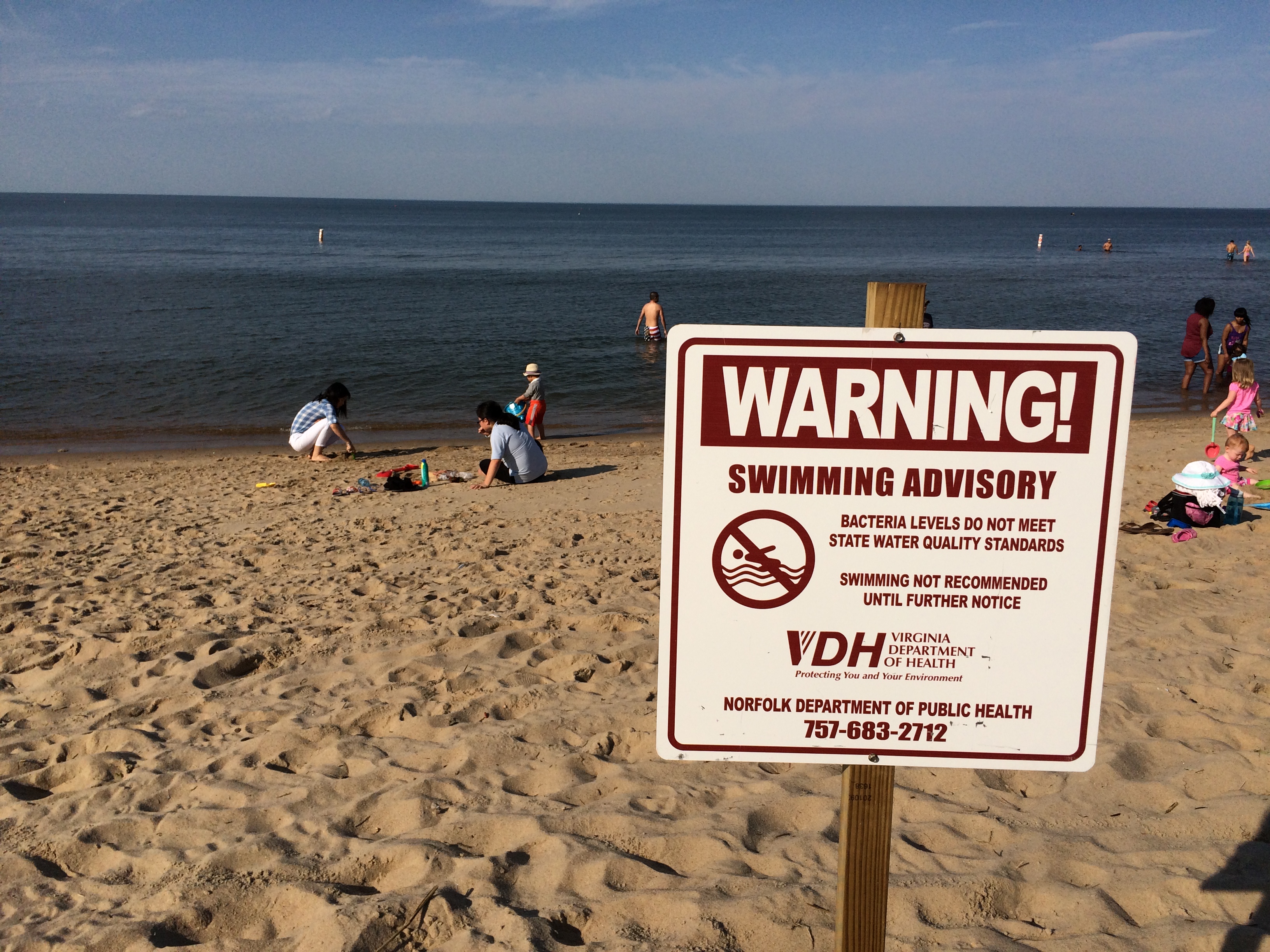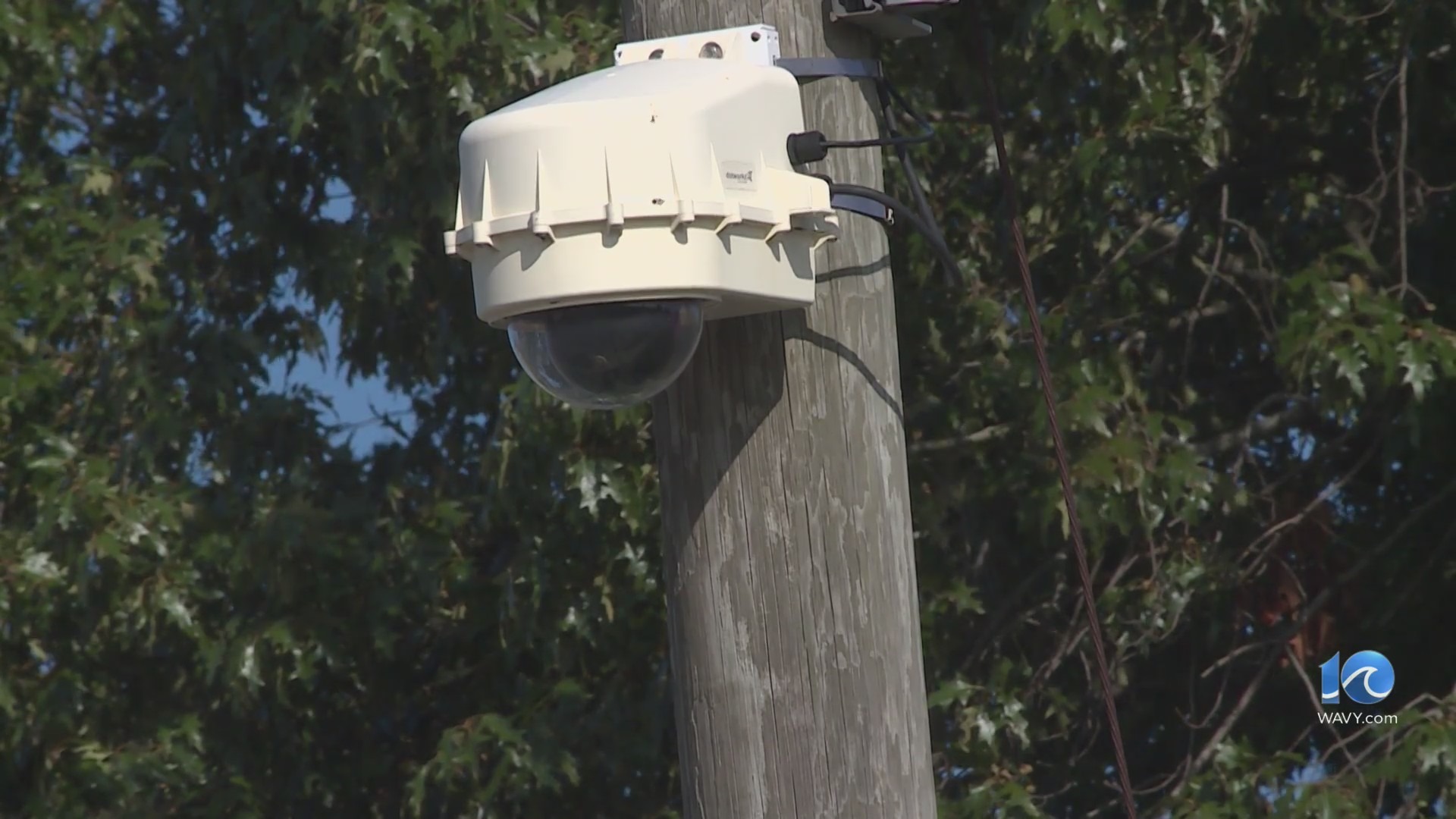ALEXANDRIA, Va. (WAVY) — Amid the growing concerns of the coronavirus, U.S. Attorney Zachary Terwilliger warned of several fraud schemes seeking to exploit the public health crisis.
“As our communities take important steps to limit the spread of COVID-19, we are working closely with our law enforcement partners to guard against fraudulent pandemic profiteers, as well as to ensure the rule of law and public safety is not eroded during this critical time. For anyone victimized by a COVID-19 scam, our office remains steadfastly committed to pursuing justice on your behalf,” Terwilliger said in a statement in a news release.
Scammers have begun setting up websites, contacting people by phone and email, and posting disinformation on social media platforms.
Some examples of scams linked to COVID-19 that officials warn the public should be aware of include:
- Treatment scams
- Supply scams
- Provider scams
- Charity scams
- Phishing scams
- App scams
- Investment scams
To avoid such scams Terwilliger says the public should take precaution and follow the following steps:
- Independently verify the identity of any company, charity, or individual that contacts you regarding COVID-19.
- Check the websites and email addresses offering information, products, or services related to COVID-19. For example, they might use “cdc.com” or “cdc.org” instead of “cdc.gov.”
- Be wary of unsolicited emails offering information, supplies, or treatment for COVID-19 or requesting your personal information for medical purposes. Legitimate health authorities will not contact the general public this way.
- Do not click on links or open email attachments from unknown or unverified sources.
- Make sure the anti-malware and anti-virus software on your computer is operating and up to date.
- Ignore offers for a COVID-19 vaccine, cure, or treatment. Remember, if there is a medical breakthrough, you won’t hear about it for the first time through an email, online ad, or unsolicited sales pitch.
- Check online reviews of any company offering COVID-19 products or supplies.
- Research any charities or crowdfunding sites soliciting donations in connection with COVID-19 before giving. Remember, an organization may not be legitimate even if it uses words like “CDC” or “government” in its name or has reputable looking seals or logos on its materials. For online resources on donating wisely, visit the Federal Trade Commission (FTC) website.
- Be wary of any business, charity, or individual requesting payments or donations in cash, by wire transfer, gift card, or through the mail.
- Be cautious of “investment opportunities” tied to COVID-19, especially those based on claims that a small company’s products or services can help stop the virus.
For the most up-to-date information on COVID-19 pandemic, visit the Centers for Disease Control and Prevention (CDC) and World Health Organization (WHO) websites.
















































































